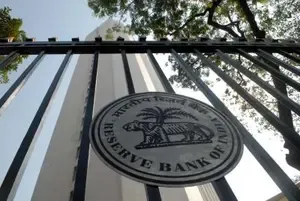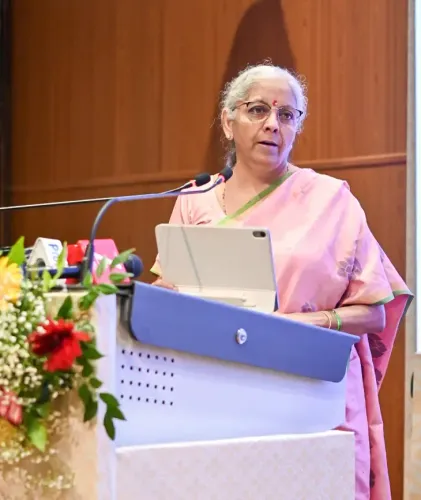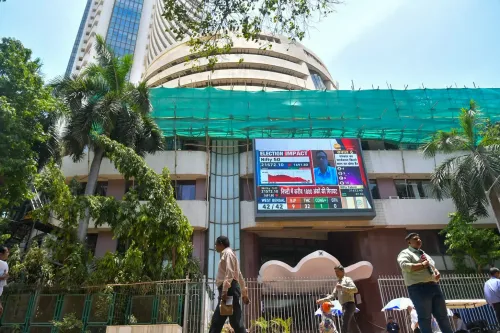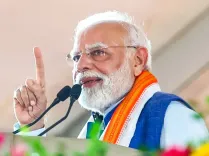Should RBI Extend Call Money Market Timings to 7 p.m.?

Synopsis
Key Takeaways
- Proposed extension of trading hours to 7 p.m. for the call money market.
- Aims to improve fund management for banks.
- No changes suggested for other financial markets.
- Significant growth in the overnight money market noted.
- SPDs have called for longer trading hours.
Mumbai, May 2 (NationPress) A newly formed working group by the Reserve Bank of India (RBI) has put forth a proposal to extend the operating hours for the call money market. The group recommends that the trading session be extended until 7 p.m., as opposed to the current closing time of 5 p.m.
This adjustment is aimed at assisting banks in better managing their finances in accordance with the demands of the real-time payment system.
However, no alterations were proposed for the trading hours of other financial markets, such as government securities, interest rate derivatives, or foreign exchange markets.
Chaired by Radha Shyam Ratho, an Executive Director at the RBI, this working group was established during the monetary policy review in February of this year.
The report from the group indicates that standalone primary dealers (SPDs) have expressed a need for longer trading hours within the call money market.
Additionally, they have suggested that the reporting window, which includes cancelled transactions, should remain open until 7:30 p.m.
The report emphasized the considerable growth seen in the overnight money market over the last decade.
From 2014-15 to 2024-25, annual turnover in this market surged from Rs 281.37 lakh crore to Rs 1,324.05 lakh crore.
Correspondingly, the daily average turnover rose from Rs 1.17 lakh crore to Rs 5.52 lakh crore. This remarkable increase can be attributed mainly to the growth in the collateralised segment of the market.
During the same timeframe, turnover in this segment escalated from Rs 245.27 lakh crore to Rs 1,296.62 lakh crore.
Conversely, turnover in the uncollateralised call money market decreased from Rs 36.10 lakh crore to Rs 27.42 lakh crore.
The report also stated that the call money market is accessible solely to banks and standalone primary dealers.
These participants have the benefit of utilizing the RBI’s liquidity adjustment facilities. Co-operative banks predominantly act as lenders in this market, while SPDs typically serve as borrowers.









